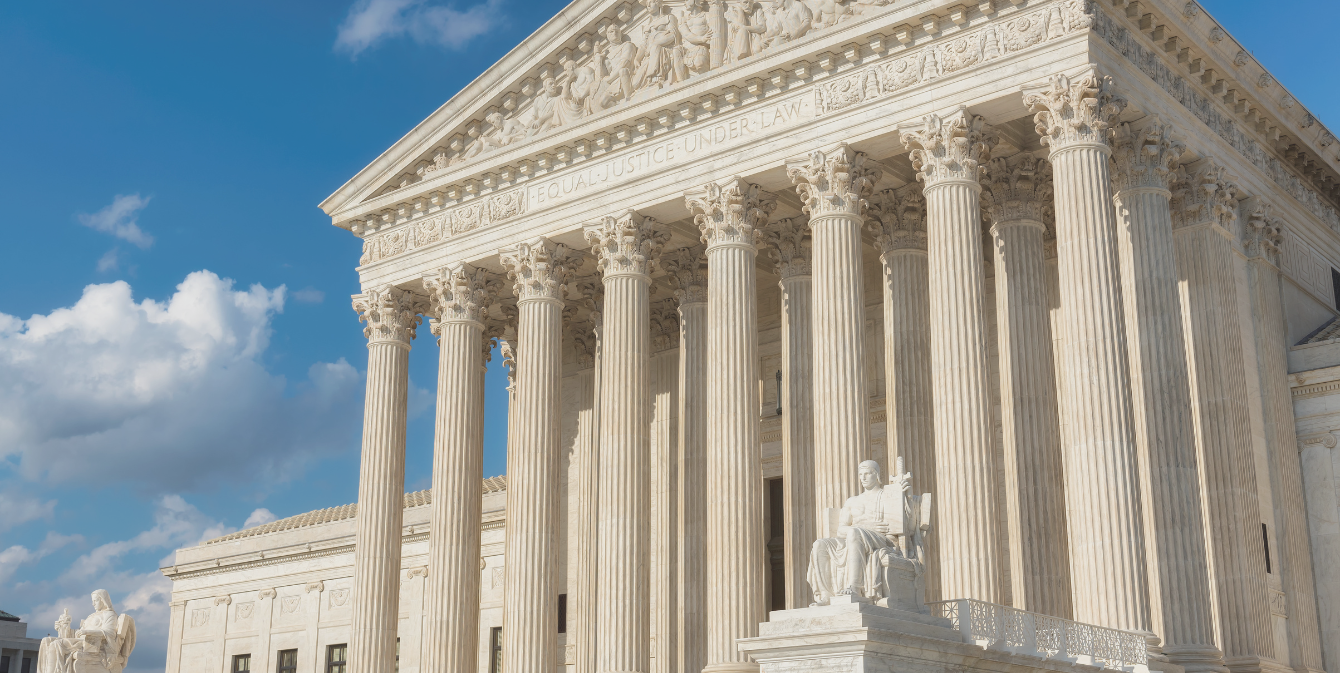
NCEL Statement
Supreme Court Weakens Environmental Protections with Chevron Deference Reversal; Attention Now Turns to States
July 1, 2024
The Supreme Court’s decision to overturn the Chevron Deference reverses 40 years of precedent and will undermine critical environmental regulations across the country. In the wake of this ruling, the actions of states are more crucial than ever in serving as a backstop for environmental protection.
“This decision severely limits the ability of the federal government and agencies to protect the American people,” said Hawaii State Senator Chris Lee, NCEL President. “For years, states have served as incubators for many of the nation’s most innovative laws and policies. Now, states will step up once again and take action to ensure the protection of our communities, environment, and people.”
“The court has once again reversed decades of precedent that will harm everyday Americans,” said Colorado State Representative Alex Valdez. “The Chevron Doctrine was the backbone of environmental regulation. This ruling has opened the door to rolling back essential regulations and has placed limits on federal agencies’ role in enforcing policy. As state legislators, we must ensure that we pick up the federal government’s slack by having strong environmental state policies.”
With federal agencies now limited, and Congress at a standstill, states are where bold environmental action will come from.
“States have been pushing the envelope with bold and innovative environmental policies, with many states often far exceeding regulations and models set by the federal government, said Dylan McDowell, NCEL Executive Director. “It is clear now that states will hold the key to protecting our land, air, and water. Through NCEL, states’ actions are strengthened by their ability to collaborate and work together across state lines – taking the action of one state and multiplying it.”
While states are often more ambitious than federal standards, many states rely on the regulations set by federal agencies to provide a solid baseline of protections. The Supreme Court’s reversal of the Chevron Deference weakens federal agencies’ ability to establish evidence-based protections and leaves these states vulnerable.
“This reckless, precedent-crushing decision is nothing less than a gift to special interests within and far beyond the fossil fuel industry,” said Pennsylvania State Representative Chris Rabb. “Statutes and the policies and practices that determine how they’re implemented will now be more influenced by those corporations and industry associations with the largest legal coffers rather than our executive branch’s most experienced, competent members.”
Through NCEL’s network of 1,300 state legislators, lawmakers can work together to raise the bar in their state, region, and therefore the country. The time for shared learning and action has never been so critical for states.
“For many years, the Chevron doctrine served as a protection that ensured expertise was considered over the whims of the judicial system, placing trust in agencies to promote regulations that safeguard our land, air, and water,” said Utah State Senator Nate Blouin. “Particularly in a state like Utah, where environmental preservation is secondary to corporate profit, the reversal of Chevron puts inhabitants in the crosshairs of a changing climate and other pollution. While the market will continue to drive massive investments in clean energy, the recent Chevron decision makes plainly clear the importance of strong environmental policy at the state level.”
To learn how your state can strengthen environmental protections, reach out to NCEL staff or explore the policy issues we work on.
###
Created by and for state legislators, the National Caucus of Environmental Legislators is a 501(c)(3) nonprofit that organizes over 1,300 environmentally-committed state legislators from all 50 states and both parties. NCEL provides venues and opportunities for lawmakers to share ideas and collaborate on environmental issues.